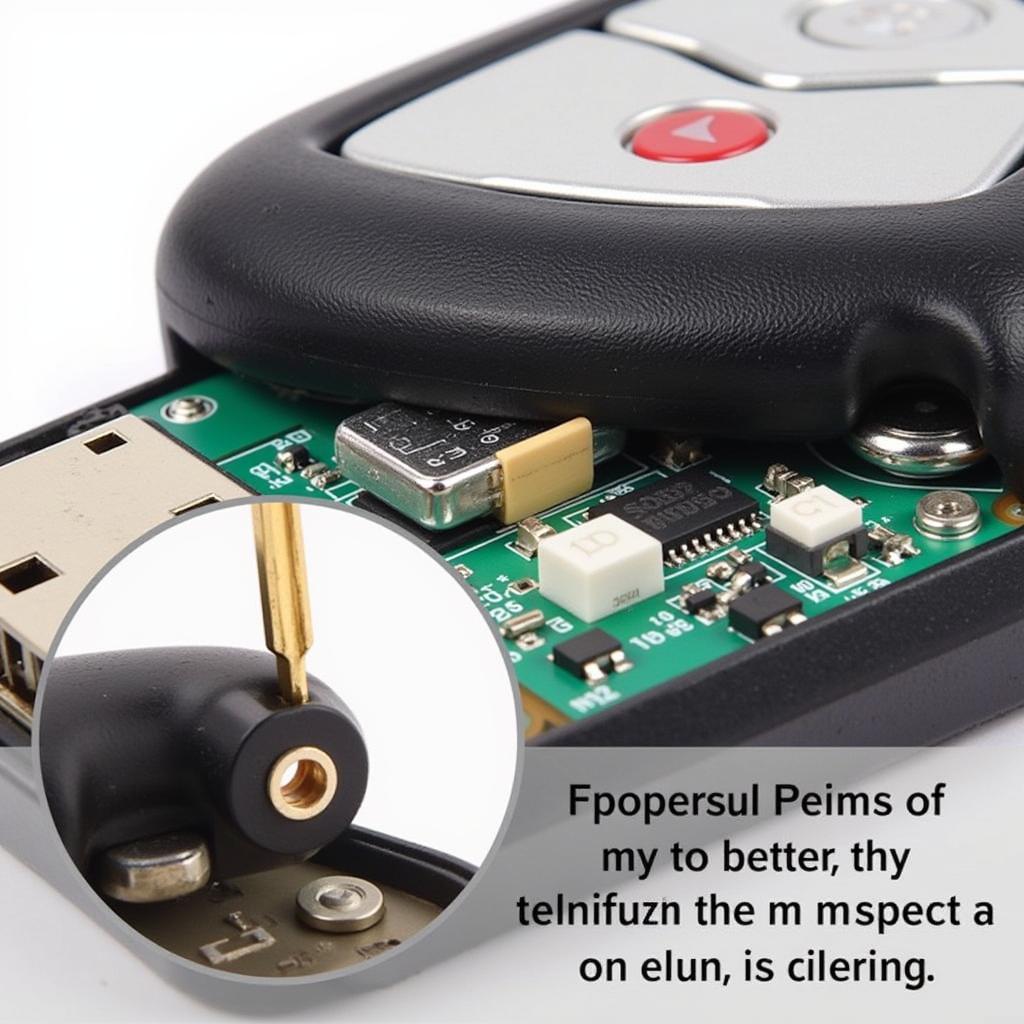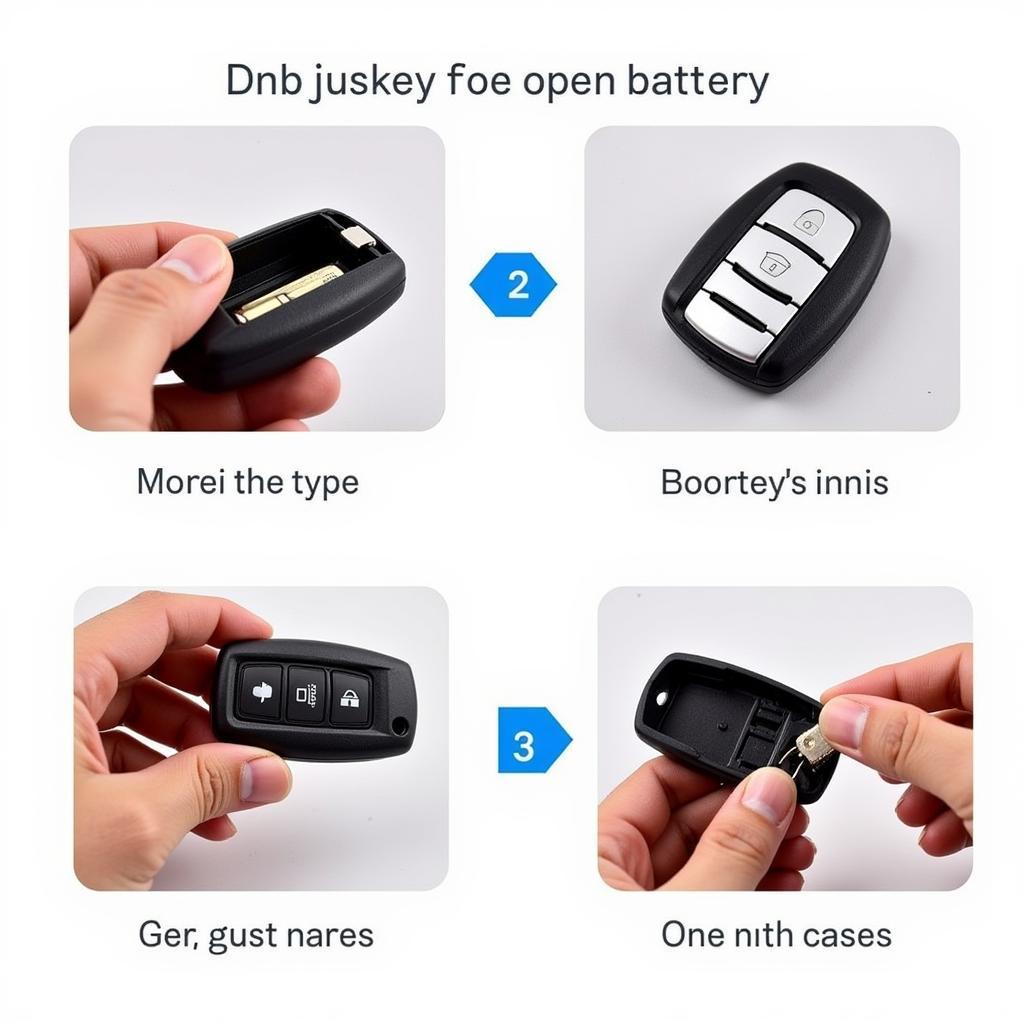A car battery discharging very fast can be a frustrating experience, leaving you stranded and unsure of the cause. This article dives into the common reasons behind rapid battery drain, offering troubleshooting tips and solutions to help you get back on the road. We’ll cover everything from parasitic draws to faulty alternators, empowering you with the knowledge to diagnose and address this common automotive issue. Let’s get started!
 Car Battery Discharging Fast at Night
Car Battery Discharging Fast at Night
Why is My Car Battery Discharging So Quickly?
Several factors can contribute to a car battery discharging very fast. Identifying the culprit requires a systematic approach to troubleshooting. Some common reasons include:
- Parasitic Draw: Even when your car is off, certain components can continue to draw power, slowly draining the battery. This can be caused by faulty wiring, malfunctioning interior lights, or aftermarket accessories.
- Faulty Alternator: The alternator recharges the battery while the engine is running. A failing alternator won’t effectively replenish the battery, leading to a quick discharge.
- Extreme Temperatures: Both extreme heat and cold can negatively impact battery performance. Heat can accelerate the chemical reactions within the battery, leading to faster discharge, while cold can reduce the battery’s capacity.
- Old Battery: As car batteries age, their ability to hold a charge diminishes. If your battery is several years old, it may be nearing the end of its lifespan.
- Driving Habits: Short trips, frequent starts and stops, and heavy use of accessories like the radio and air conditioning can strain the battery and contribute to faster discharging.
Diagnosing a Fast Discharging Car Battery
Diagnosing the root cause of a fast-discharging battery involves a few key steps:
- Visual Inspection: Check the battery terminals for corrosion. Clean them with a wire brush and baking soda solution if necessary.
- Battery Test: Use a multimeter or a battery tester to check the battery’s voltage. A fully charged battery should read around 12.6 volts.
- Parasitic Draw Test: With the car off and all accessories turned off, disconnect the negative battery cable and connect a multimeter in series between the cable and the battery terminal. A reading above 50 milliamps suggests a parasitic draw.
- Alternator Test: With the engine running, check the voltage across the battery terminals. A healthy alternator should maintain a voltage between 13.5 and 14.5 volts.
“A simple parasitic draw test can save you a lot of headache down the line,” says John Smith, Senior Automotive Technician at Auto Experts Inc. “It’s a quick and easy way to identify hidden power drains that can kill your battery.”
new car battery discharged completely
Solutions for a Fast Discharging Car Battery
Once you’ve identified the cause, you can take appropriate action:
- Addressing Parasitic Draw: If you detect a parasitic draw, systematically disconnect fuses and relays to isolate the circuit causing the drain. Once located, repair or replace the faulty component.
- Replacing a Faulty Alternator: If the alternator test indicates a problem, have it replaced by a qualified mechanic.
- Battery Replacement: If the battery is old or failing, replace it with a new one. Ensure you choose the correct battery type and size for your vehicle.
- Modifying Driving Habits: Avoid short trips whenever possible and limit the use of accessories, especially when the engine is idling.
How to Prevent Future Battery Issues?
- Regular Battery Maintenance: Regularly clean the battery terminals and check the electrolyte level (for non-sealed batteries).
- Limit Accessory Use: Minimize the use of power-hungry accessories like heated seats and the radio when the engine is off.
- Park in a Garage: If possible, park your car in a garage to protect the battery from extreme temperatures.
“Preventive maintenance is key to extending the life of your car battery,” advises Maria Garcia, Lead Electrical Systems Engineer at Automotive Solutions Group. “Regular checks and simple cleaning can significantly reduce the risk of unexpected battery failure.”
battery discharge car won t start
Conclusion
A car battery discharging very fast can stem from various causes, from a simple parasitic draw to a failing alternator. By following the troubleshooting tips outlined in this article, you can identify the culprit and take the necessary steps to get your car back on the road. Regular maintenance and mindful driving habits can also help prevent future battery problems and ensure reliable starting power. Remember to consult a qualified mechanic if you’re unsure about any of the diagnostic or repair procedures.
FAQ
- How long should a car battery last? Typically, a car battery lasts between 3 and 5 years.
- Can a bad alternator drain a car battery? Yes, a faulty alternator will not charge the battery properly, leading to a drain.
- How do I know if my car battery is completely dead? A completely dead battery will not power any electrical components in the car, including the lights and the starter motor.
- What are the signs of a parasitic draw? A common sign of a parasitic draw is a car battery that repeatedly dies, even after being jump-started or charged.
- Can extreme temperatures affect car battery life? Yes, both extreme heat and cold can shorten the lifespan of a car battery.
- Is it safe to jump-start a car with a fast-discharging battery? Yes, it’s generally safe to jump-start a car with a fast-discharging battery, but be sure to follow proper jump-starting procedures.
- How can I prevent my car battery from discharging quickly? Regular maintenance, limiting accessory use, and addressing any underlying electrical issues can help prevent rapid battery discharge.



